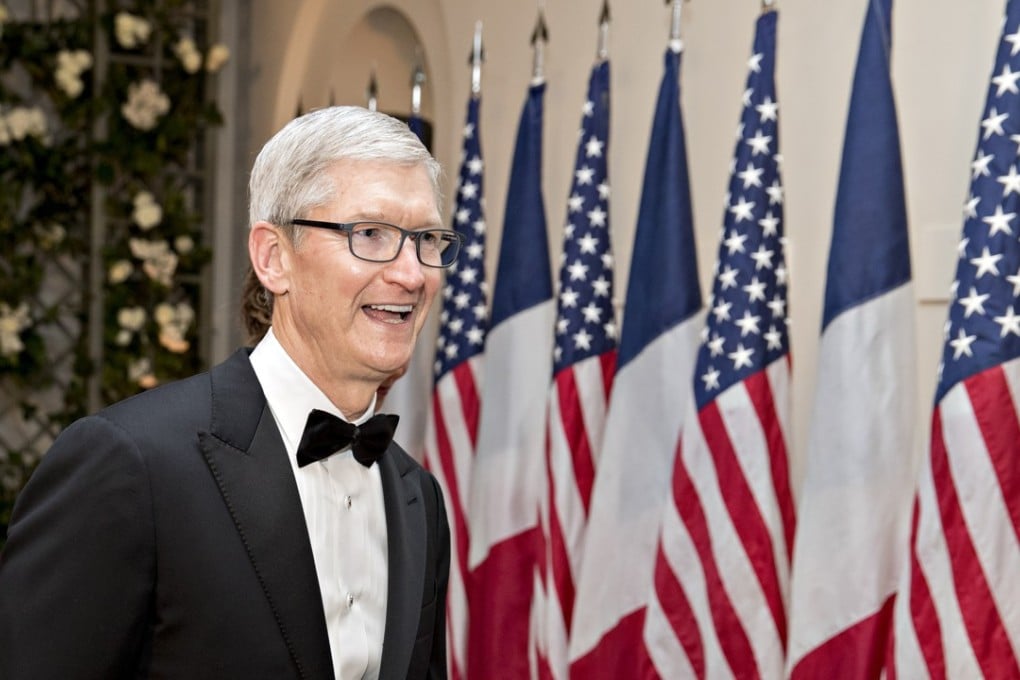What’s at stake for Apple if it gets dragged into US-China trade war
Apple chief executive Tim Cook is hoping “calm heads” will prevail as tensions rise between the US and China

Apple chief executive Tim Cook met with US President Donald Trump on Wednesday to discuss US-China trade issues amid rising tensions between the two countries.
The meeting took place ahead of a planned trip by Trump administration officials to Beijing in the next several days.
Apple, the world’s most valuable company, has much at stake if the world’s two largest economies engage in a trade war.
China not only constitues one of the company’s biggest markets, the country is also the prime manufacturing base of primary Apple products like the iPhone, MacBook and iPad.
So Cook’s unofficial input could help guide how the US can ease tensions with China. Apple has remained silent on what was specifically discussed during Cook’s meeting with Trump.
Here are some of the things that are at stake for Apple as the trade dispute between the US and China continue to heat up.